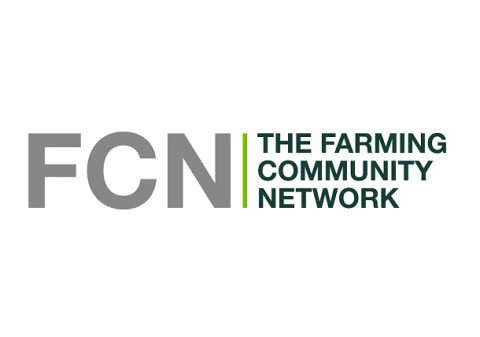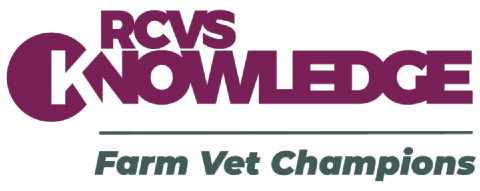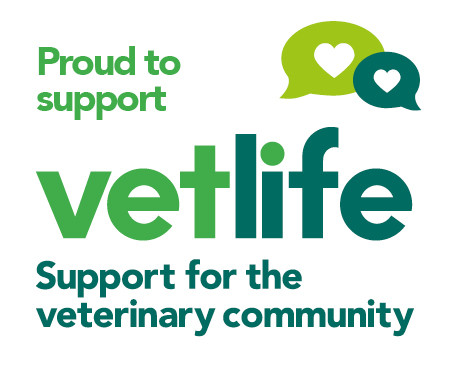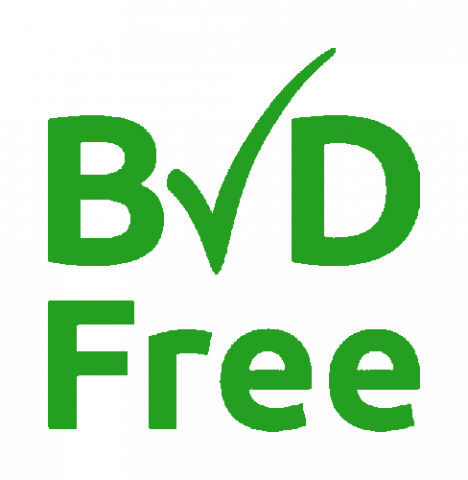Who should become MilkSure accredited?
Any dairy farmer can undertake MilkSure, but some farms may be obliged to be MilkSure accredited as part of their milk contract.
How do we become MilkSure accredited?
From 1st November 2020, it is no longer necessary to register your farm individually for MilkSure, like it was previously. You can undertake training with a MilkSure Registered Vet, who will then help you take an online test. You must also complete your farm’s risk assessment, and this should preferably be with your own familiar vet. A booklet is used for the training and to record the farm’s risk assessment and management plan.
What does it cost?
There is no longer a farm registration fee which is directly payable, but the scheme is funded by an annual fee payable by each MilkSure Registered Vet. Your vet will charge you for their time delivering the training and risk assessment, which will be for yourself and your vet to agree.
Does my vet need to be a MilkSure Registered Vet?
Yes. Since November 2020, MilkSure can no longer be delivered by any vet. The vet themselves must have undertaken training to become MilkSure Registered. Most practices doing dairy work will have at least one MilkSure Registered Vet already, and over the course of time, ideally most vets working with dairy clients will have undertaken the training so they themselves have a full understanding of what can be quite a complex subject. Whilst the training element of MilkSure programme must always have been delivered by a MilkSure Registered Vet since November 2000, since January 2022, the farm risk assessment and management plan must also be delivered by a MilkSure Registered Vet.
What does the programme consist of?
The programme will take a total of around three hours. Around 80 minutes will be required to cover Part 1, the “technical essentials” training. This includes how residue failures commonly occur, why residues matter, how withdrawal periods are set, correct medicine handling, and how using medicines “off label” (either under the Cascade – legally – or unauthorised – illegally) can affect withdrawal periods. This part of the programme can be done as a group with several other farms or one-to-one.
The next part of the programme, Part 2, also takes around 80 minutes. It is a practical look at which medicines you use in your herd, how you use them, and what the main risks are for residue failures on your farm. This part must be done on-farm and must be one-to-one with your vet. Finally, an online test will take around 20 minutes and is best done after both other parts of the programme have been completed.
I don’t like tests! Is it difficult?
The point of the test is to check that you understand the main principles covered in the training, and to give some quality assurance. It’d be pretty difficult to pass without doing the training first, but vets are encouraged to help farmers if necessary.
Who should receive the Part 1 “technical essentials” training?
It is the farm, not the person, which becomes MilkSure accredited. As many of the team as possible should do the training. All people on the farm who either milk cows or administer veterinary treatments would benefit from the training, but the person whose overall responsibility it is to ensure the milk sold is residue-free should definitely complete the whole course and undertake the online test. More than one person from each farm can do the online test if they wish, and each will receive their own certificate if they pass.
Are DairyPro points available?
Yes, the technical essentials training course and test are worth a total of 7 points.
Why do we need to do this?
Medicine residues above permitted levels in milk are illegal, and never a good thing, whether from a human health, manufacturing quality, or public perception viewpoint. Medicine use on dairy farms is under increasing scrutiny. The MilkSure programme is designed to raise standards around medicine use on dairy farms and reduce our medicine residue failure rate, which is a costly problem for the industry. Farmers who have already done the course have said it was a valuable use of their precious time.






